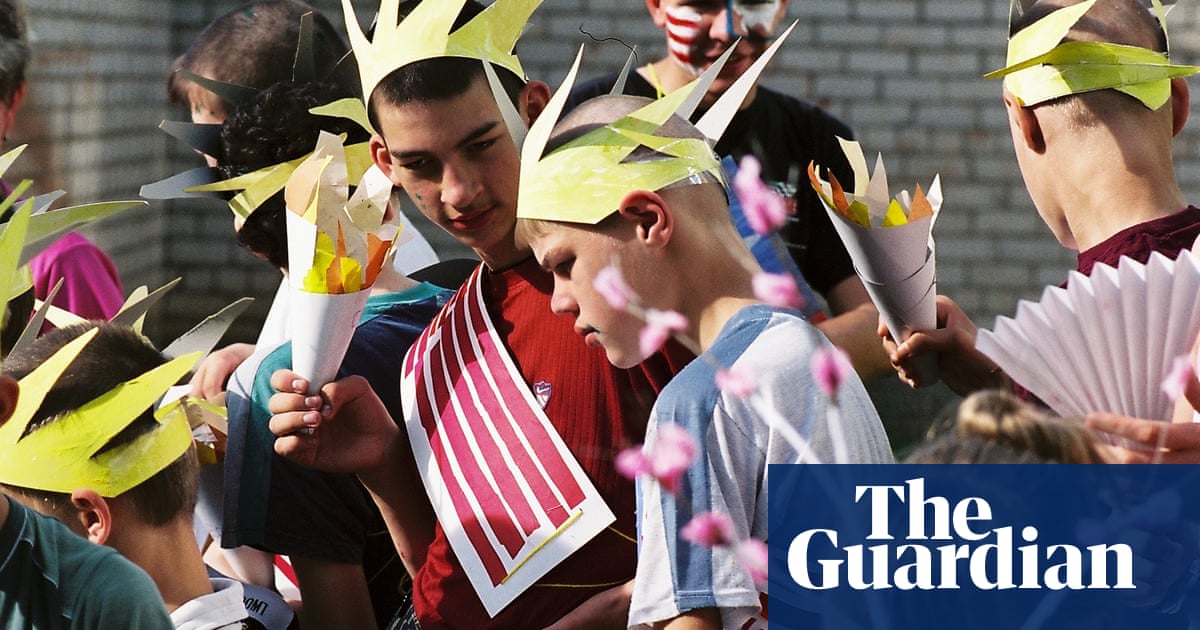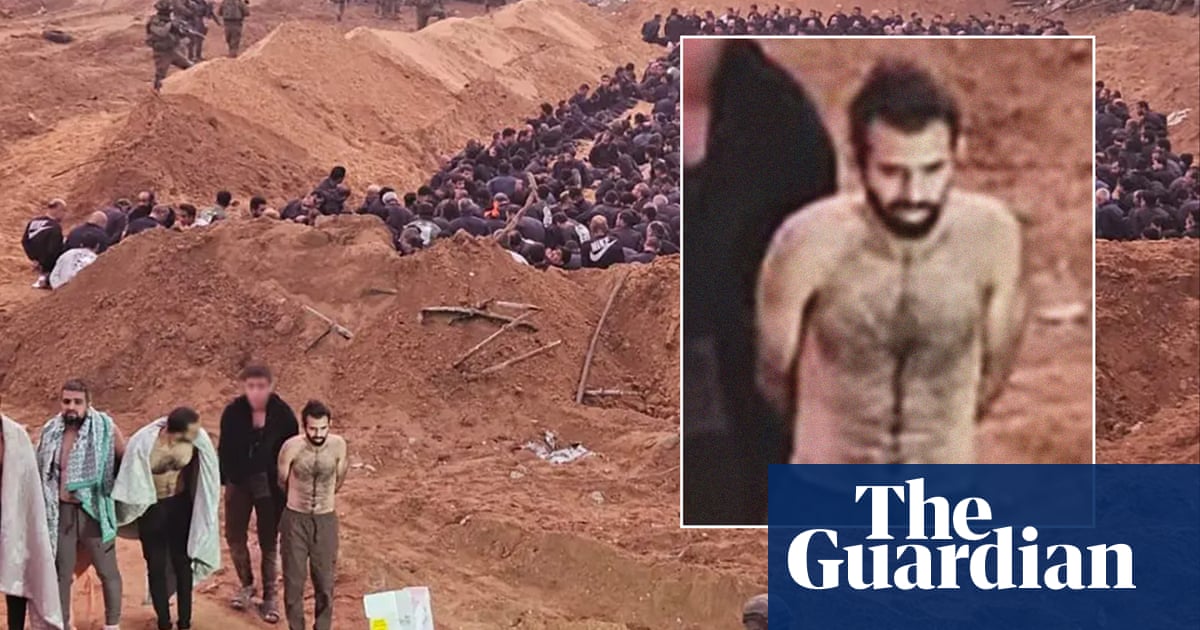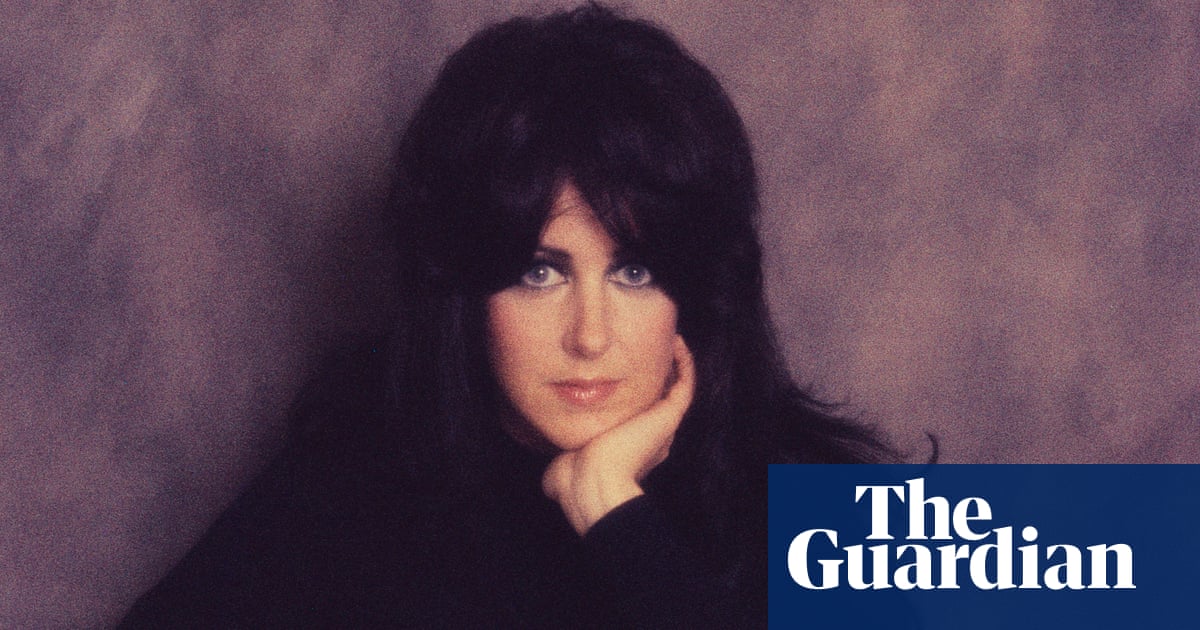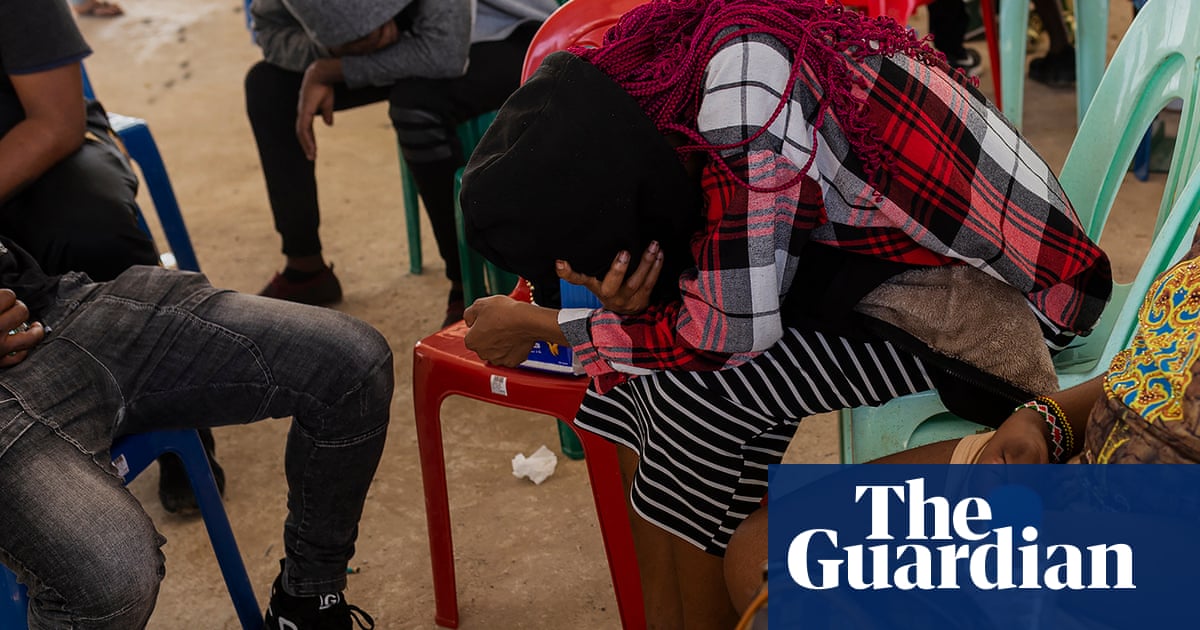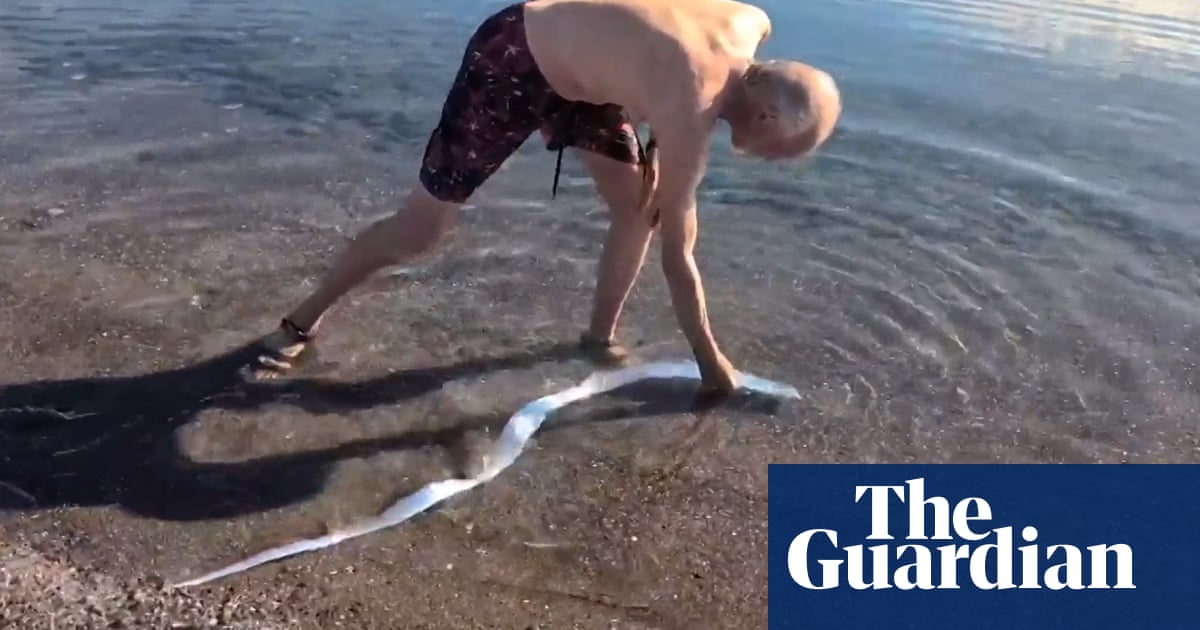Tell me, what else should I have done?
Doesn’t everything die at last, and too soon?
Tell me, what is it you plan to do
with your one wild and precious life?
The writer in me marvels at how Mary Oliver, the Pulitzer prize winning poet, captures so accurately the question at the heart of so many of my conversations with my patients. Young and old, curable and incurable, in remission and on the edge of death; every cancer is as different as its management. But, of course, what lies just underneath the convoluted medical discussions is a quest for meaning.
Spoken or not, every patient is reconciling with big questions. What does this diagnosis mean for me? How should I contemplate the rest of my life? What matters?
December is a slightly anxious month for me. As the year sprints to a close and the lights and baubles appear, I pray for my well patients to stay well, the sick ones to survive the holiday and my actively dying patients to avoid dying around Christmas and new year. Regardless of whether people mark the occasions, there is something more unfair about losing someone when most of the world is on a break.
Patients too get anxious that their providers may be on leave – although sometimes I can’t help thinking that, despite our best efforts, the body has a way of marching to its own beat.
Once upon a time, hospitals held an end-of-year memorial service for the deceased. At my first service, I felt apprehensive about being the “face” of failure. But as relatives mingled and reminisced with providers, I felt embraced by a common humanity. It might have been the nicest thing we did to mitigate our grief; alas, when healthcare becomes a business, such events become history.
If you work in any hospital, especially a cancer service, every year is an opportunity to take stock of your own life.
Here are three things my patients taught me this year.
In forgiveness lies peace
Earlier this year I lost a patient prematurely. The demands of illness strained her fraying marriage and then she was juggling dying and divorce. Watching her take care of the hundred practicalities, I often felt cheated on her behalf. But even within the privacy of our consultations, she didn’t have a bad word for others. When I badged her effort superhuman, she would smile and say she was doing herself a favour. In forgiveness lies peace – I will try to remember this advice.
Fortitude is attainable
My patients submit to numerous tests and scans, sometimes several times a day. They face unexpected postponement, cancellations and constant uncertainty. A patient’s wife wept as she said that despite all the advances in medicine, the words they heard most frequently were “let’s wait and see”.
Fortitude is defined as courage shown over a long period of difficulty. I think this is the signature element of being a cancer patient, demonstrated even by those who don’t think themselves capable of it. Among my patients, I see the worst of poverty, disadvantage and need. And yet they show up and carry on.
To bear witness to their attitude is to put one’s life in perspective.
after newsletter promotion
Show grace under pressure
No cancer patient is untouched by treatment. From issues of appearance and stamina to the private suffering resulting from sexual dysfunction, incontinence and mental strain, cancer patients have a lot to be ungrateful for. So it is always humbling to note the wellspring of grace that stems from my patients. They carry themselves with an innate dignity and poise that is frankly not always evident in others more fortunate.
Yes, sometimes they lose their temper, abuse providers, make questionable decisions, and lend renewed vigour to the term “heartsink patient” but, by and large, they are in the minority. I have always found cancer centres to be places of humility and humanity. If you look, inspiration isn’t hard to find.
Finally, a word for relatives, for whom grief can resurface at this time.
As I was writing this column, I received a call from the husband of a dear patient who said she had taken her last breath just as he was seeing out their friends.
I remembered her qualities and remarked on his devotion. At this, he said what everyone says: “Doctor, I was only doing my bit.”
But it would be a mistake to forget the love, devotion and sheer heroism of the relatives who become caregivers. All too often, we medical providers fail to acknowledge you – or worse, ignore your input. We can do better.
-
Ranjana Srivastava is an Australian oncologist, award-winning author and Fulbright scholar. Her latest book is called A Better Death

 2 months ago
36
2 months ago
36









